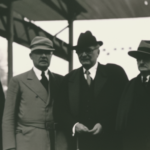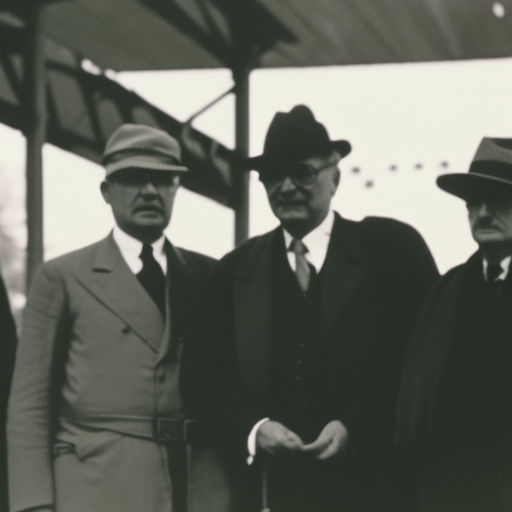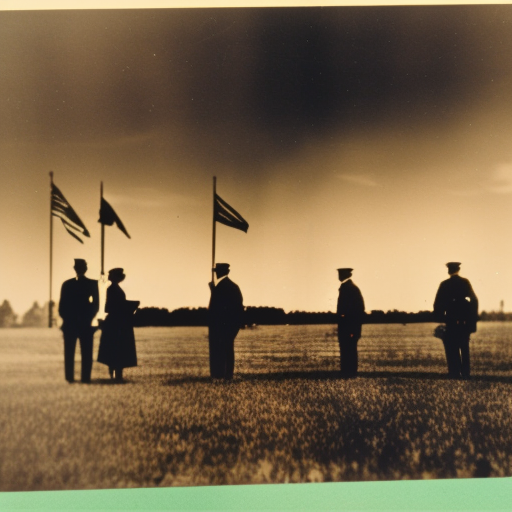The Munich Agreement (1938)
The Munich Agreement was a diplomatic settlement reached on September 30, 1938, between Germany, Italy, France, and Britain. It aimed to resolve the escalating tensions in Europe following Germany’s demand for the annexation of the Sudetenland, a region in Czechoslovakia with a predominantly German-speaking population. The agreement allowed Germany to annex the Sudetenland in exchange for a promise of peace.
The Background:
In the aftermath of World War I, the Treaty of Versailles imposed severe restrictions on Germany, including territorial losses and limitations on its military. Adolf Hitler and the Nazi Party rose to power in Germany in the 1930s, seeking to overturn these restrictions and expand German territory. Hitler’s aggressive foreign policy and territorial ambitions raised concerns among neighboring countries, particularly Czechoslovakia, which had a significant German minority in the Sudetenland.
The Crisis:
In 1938, Hitler intensified his demands for the annexation of the Sudetenland, claiming that the German-speaking population was being mistreated by the Czechoslovak government. Tensions escalated, and there was a real risk of war. British Prime Minister Neville Chamberlain, French Premier Édouard Daladier, and Italian dictator Benito Mussolini proposed a diplomatic conference in Munich to find a peaceful solution.
The Munich Conference:
The Munich Conference took place from September 29 to 30, 1938, with Hitler, Chamberlain, Daladier, and Mussolini in attendance. Czechoslovakia was not invited to the negotiations, which were dominated by the major powers. The Czechoslovak government, feeling abandoned by its allies, had no choice but to accept the decisions made at the conference.
The Agreement:
The Munich Agreement allowed Germany to annex the Sudetenland, with the evacuation of Czechoslovak troops and the transfer of the region to German control. The agreement also called for the peaceful resolution of future disputes and the respect of Czechoslovakia’s remaining borders. Chamberlain returned to Britain proclaiming “peace for our time” and believing he had secured “peace with honor.”
The Aftermath:
The Munich Agreement was widely criticized for appeasing Hitler and sacrificing Czechoslovakia’s sovereignty. It was seen as a failure of collective security and a betrayal of smaller nations. Hitler, emboldened by his success, continued his expansionist policies, eventually leading to World War II.
Legacy and Lessons:
The Munich Agreement highlighted the dangers of appeasement and the limitations of diplomatic negotiations without the active involvement of all parties concerned. It demonstrated that giving in to aggression and territorial demands only encourages further aggression. The agreement also underscored the importance of collective security and the need for a united front against aggression.
Conclusion:
The Munich Agreement of 1938 was a diplomatic settlement that allowed Germany to annex the Sudetenland, a region in Czechoslovakia with a predominantly German-speaking population. The agreement aimed to avoid war and maintain peace in Europe. However, it was widely criticized for appeasing Hitler and sacrificing Czechoslovakia’s sovereignty. The Munich Agreement serves as a cautionary tale about the dangers of appeasement and the importance of collective security in international relations.












